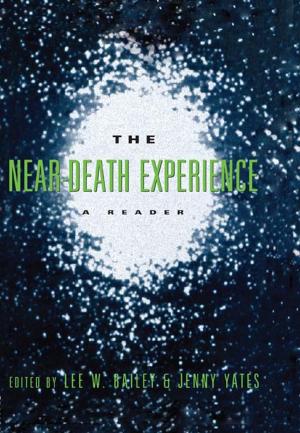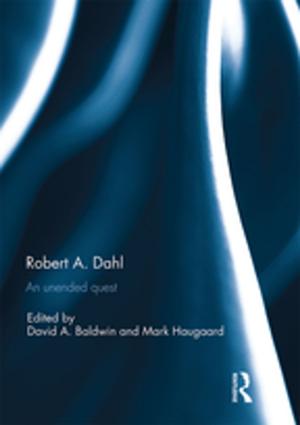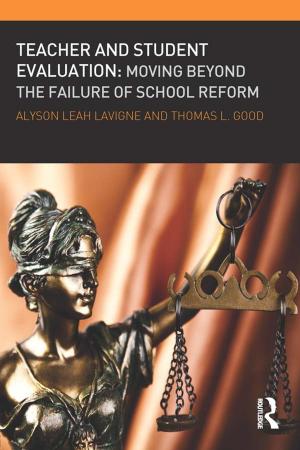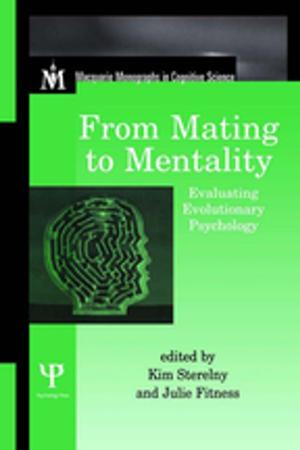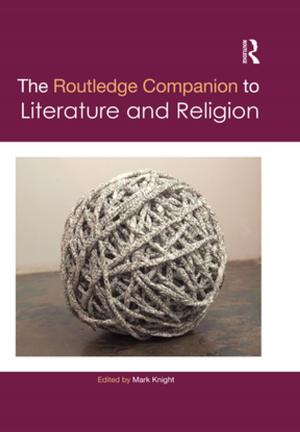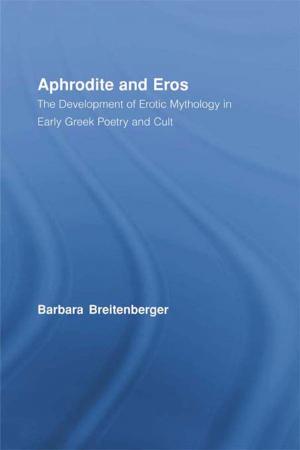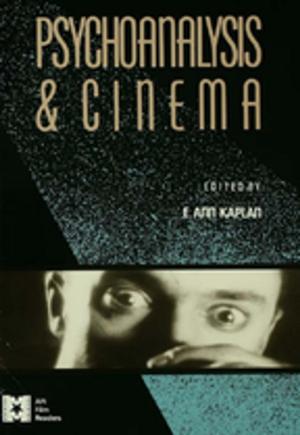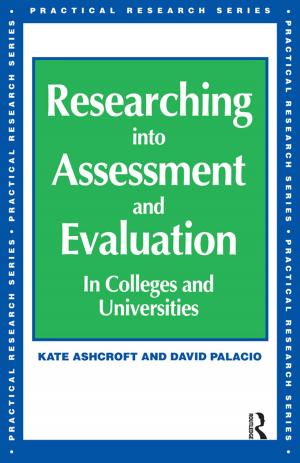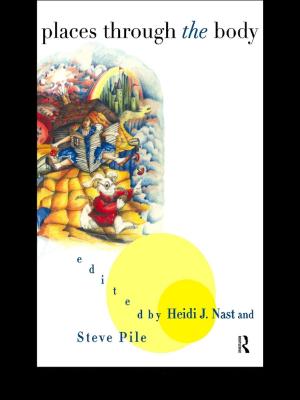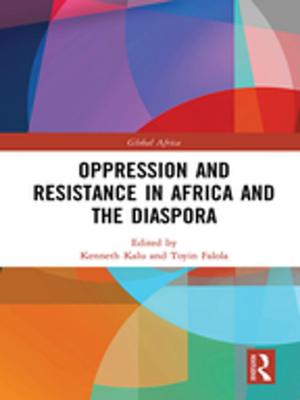| Author: | ISBN: | 9781134679034 | |
| Publisher: | Taylor and Francis | Publication: | March 11, 2002 |
| Imprint: | Routledge | Language: | English |
| Author: | |
| ISBN: | 9781134679034 |
| Publisher: | Taylor and Francis |
| Publication: | March 11, 2002 |
| Imprint: | Routledge |
| Language: | English |
This is a timely and stimulating collection of essays on the importance of Freudian thought for analytic philosophy, investigating its impact on mind, ethics, sexuality, religion and epistemology.
Marking a clear departure from the long-standing debate over whether Freudian thought is scientific or not, The Analytic Freud expands the framework of philosophical inquiry, demonstrating how fertile and mutually enriching the relationship between philosophy and psychoanalysis can be.
The essays are divided into four clear sections, addressing the implications of Freud for philosophy of mind, ethics, sexuality and civilisation. The authors discuss the problems psychoanalysis poses for contemporary philosophy as well as what philosophy can learn from Freud's legacy and undeniable influence. For instance, The Analytic Freud discusses the problems presented by pyschoanalytic theories of the mind for the philosophy of language; the issues which current theories of mind and meaning raise for psychoanalytic accounts of emotion, metaphor, the will and self-deception; the question whether psychoanalytic theory is essential in understanding sexuality, love, humour and the tensions which arise out of personal relationships.
The Analytic Freud is a critical and thorough examination of Freudian and post-Freudian theory, adding a welcome and significant dimension to the debate between psychoanalysis and contemporary philosophy.
This is a timely and stimulating collection of essays on the importance of Freudian thought for analytic philosophy, investigating its impact on mind, ethics, sexuality, religion and epistemology.
Marking a clear departure from the long-standing debate over whether Freudian thought is scientific or not, The Analytic Freud expands the framework of philosophical inquiry, demonstrating how fertile and mutually enriching the relationship between philosophy and psychoanalysis can be.
The essays are divided into four clear sections, addressing the implications of Freud for philosophy of mind, ethics, sexuality and civilisation. The authors discuss the problems psychoanalysis poses for contemporary philosophy as well as what philosophy can learn from Freud's legacy and undeniable influence. For instance, The Analytic Freud discusses the problems presented by pyschoanalytic theories of the mind for the philosophy of language; the issues which current theories of mind and meaning raise for psychoanalytic accounts of emotion, metaphor, the will and self-deception; the question whether psychoanalytic theory is essential in understanding sexuality, love, humour and the tensions which arise out of personal relationships.
The Analytic Freud is a critical and thorough examination of Freudian and post-Freudian theory, adding a welcome and significant dimension to the debate between psychoanalysis and contemporary philosophy.

